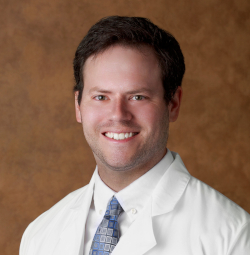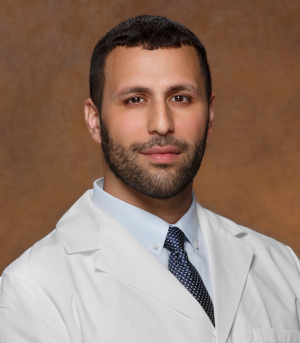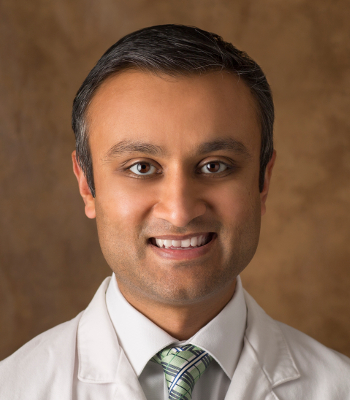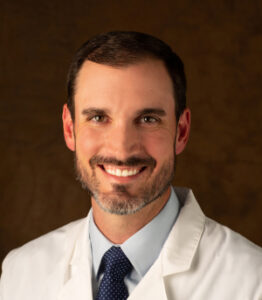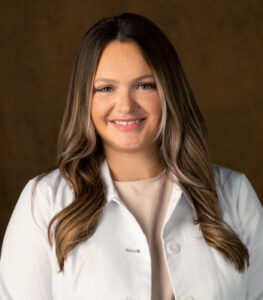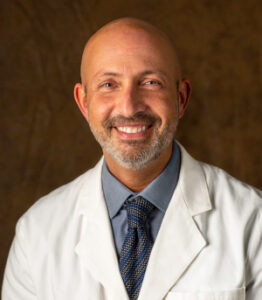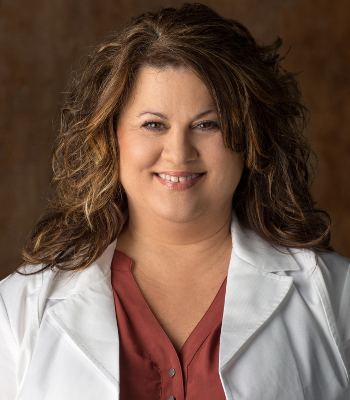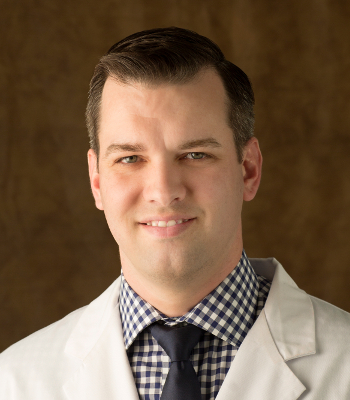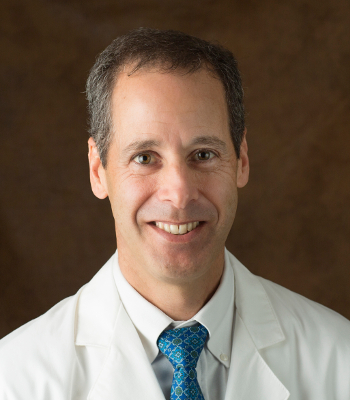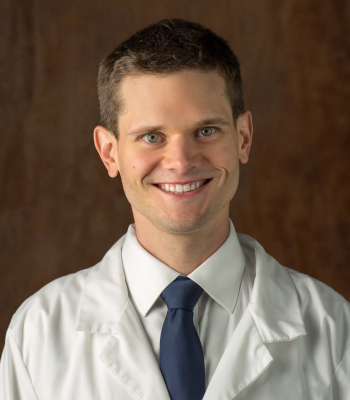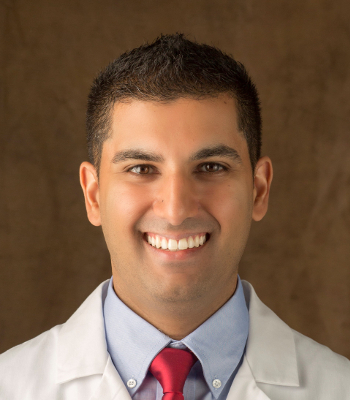Varicose Veins
Take a Vein Quiz or Book a Consultation with the Vein Team at VIP
Varicose vein treatment in Memphis, TN.
What are varicose veins?
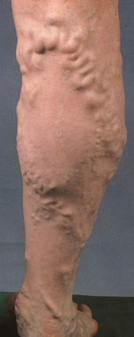 Venous insufficiency is an abnormal condition of the veins with decreased blood return from the leg veins up to the heart causing pooling of blood in the legs leading to varicose veins. Veins in the legs have to carry blood upwards, towards the heart against gravity. Normally, one-way valves in veins prevent blood from flowing downward into the veins of the legs with gravity. Varicose veins have ineffective valves, which cause the veins to dilate and enlarge under pressure. The veins become elongated, rope-like, bulging, and thickened.
Venous insufficiency is an abnormal condition of the veins with decreased blood return from the leg veins up to the heart causing pooling of blood in the legs leading to varicose veins. Veins in the legs have to carry blood upwards, towards the heart against gravity. Normally, one-way valves in veins prevent blood from flowing downward into the veins of the legs with gravity. Varicose veins have ineffective valves, which cause the veins to dilate and enlarge under pressure. The veins become elongated, rope-like, bulging, and thickened.
Chronic venous diseases affect half of the U.S. population – 50-55% of women and 40-45% of men. Of these, 25% of women and 15% of men will have visible varicose veins. Risk factors include age, family history, female gender and pregnancy. Multiple pregnancies are one of the most common factors accelerating the worsening of varicose veins.
What are common complaints of people with varicose veins?
Common complaints of patients with varicose veins include aching pain, cramps, leg fatigue, itching, and heaviness, which worsen with prolonged standing and as the day progresses. Many people may need to sit down and elevate their legs to relieve their symptoms.
If left untreated, nearly 50% of patients with varicose veins will develop chronic venous insufficiency characterized by lower-extremity swelling, skin discoloration, and ulceration.
How are varicose veins diagnosed?
Varicose veins are diagnosed by physical examination. Ultrasound evaluation is required to evaluate the veins of the leg and determine if the valves of the veins are malfunctioning. If Greater Saphenous Vein (GSV) reflux is present, therapies that remove or obliterate the GSV will lead to dramatic improvement or disappearance of varicose veins in the leg.
What are my treatment options?
Traditional treatment for varicose veins has been surgery where the vein is tied off and “stripped” or removed. The stripping surgery is associated with significant pain, bruising and a prolonged recovery time. Less invasive surgical treatments such as tying off the GSV in the groin alone or in combination with other treatments including sclerotherapy have been attempted. Traditional surgical treatments for varicose veins have high recurrence rates of 10 – 25%.
The newest, most advanced treatment for varicose veins caused by GSV reflux is Endovenous Laser Treatment (EVLT). Endovenous laser treatment of the greater saphenous vein is FDA approved.
Less invasive treatment for varicose veins – Memphis, TN.


